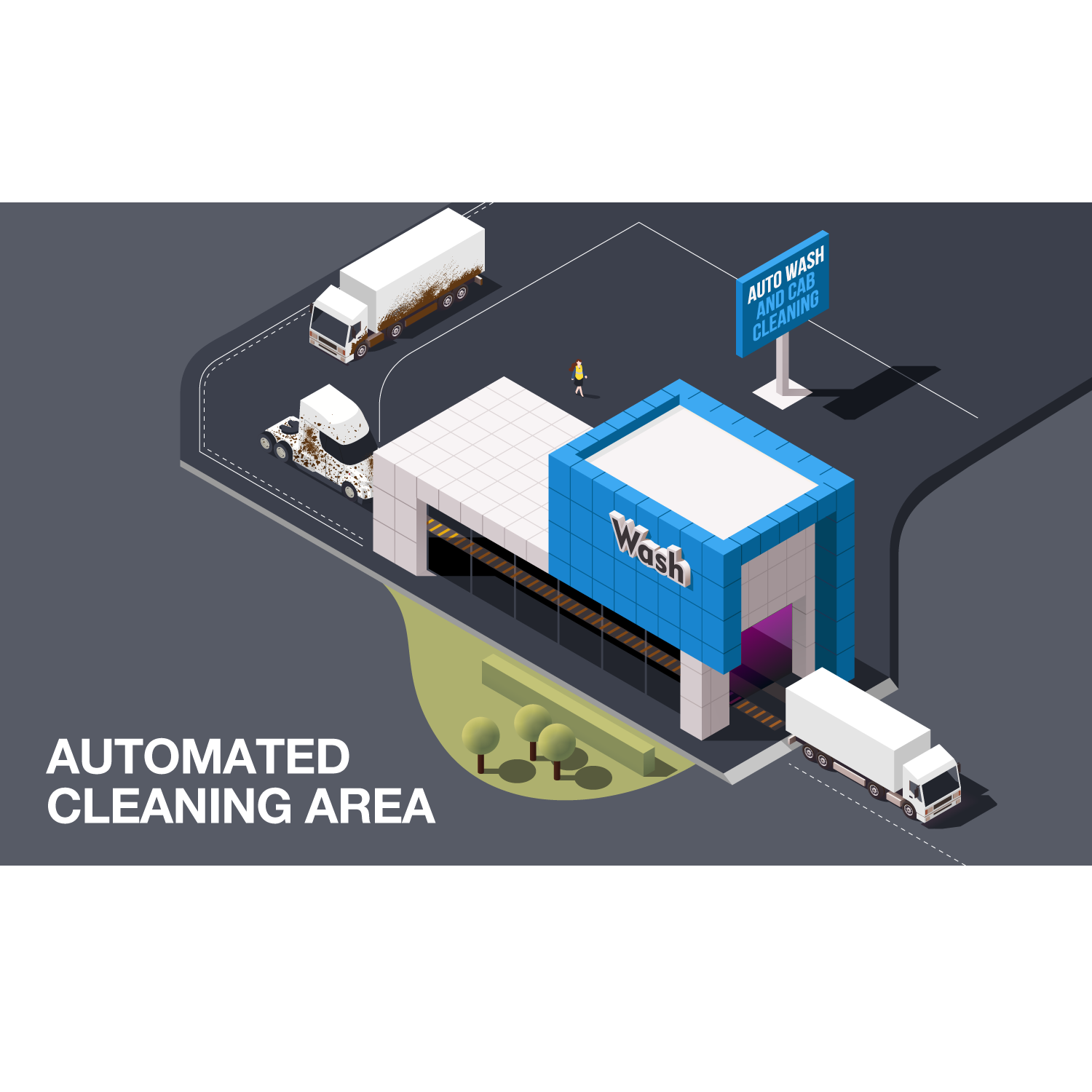With the acquisition of SupplyStack and Nexogen, Transporeon customers profit once more from the fact that the services of the Transport Management Platform can be consumed in a modular way.
Transporeon continues to follow a growth strategy that embeds new functionalities directly in its network. The company thereby provides easy-to-consume capabilities, optimising transport flows and complementing respective in-house IT capabilities delivered by ERP and TMS systems for an ever more sustainable, cost and time-sensitive economy.
Transporeon acquires SupplyStack
Following the acquisition of ocean visibility and multimodal planning specialist Logit One in December 2021, Transporeon now further expands its capabilities in handling multimodal and part load transports by adding the services of SupplyStack to its Transport Management Platform.
Transporeon’s customers are now getting access to a comprehensive multimodal and part load planning and execution framework, supporting automation and optimisation of transport flows. Shippers and forwarders will be able to further automate their transport planning, assignment and execution.
After an integration period, SupplyStack customers will also obtain access to Transporeon’s carrier network, platform services, freight procurement and rate management as well as spot assignment, freight settlement and audit offerings.
In addition, they will profit from the integration of Transporeon’s Sixfold Real-Time Visibility (RTV) services into daily operations. This way, they no longer have to use visibility as a separate feature. Instead, RTV becomes an enterprise-wide capability that drives customer service, efficiency and lays the foundation for more sustainable transport execution.
“There is an increasing demand in the supply chain to improve transparency and reduce costs, while at the same time making freight transport more sustainable,” commented Stephan Sieber, CEO of Transporeon. “Adding multimodal and part load transport planning and execution capabilities to our platform through the acquisition of SupplyStack will provide our customers with the degree of flexibility necessary to achieve this goal.”
Nick Poels, Founder and CEO of SupplyStack, added: “Although powerful alone, we believe we are stronger together. This acquisition marks an important milestone in our mission to change the way freight is moved. Combining SupplyStack’s Transport Management solutions with Transporeon’s network will enable our customers to profit from our services – on global supply chains with a mix of modes as well as on domestic operations.
“We therefore are happy to become part of the Transporeon family, where our customers from different industries can manage their logistics operations following a true network approach.”
Transporeon acquires Nexogen
To support operators in optimally dispatching fleets, Transporeon is taking over AI road transport planning specialist Nexogen. The Software as a Service (SaaS) company helps carriers and asset owners improve utilisation by optimising matches between orders and trucks, drivers and itineraries. This way, Nexogen reduces overall freight transportation costs, empty runs and waiting times.
Already today, Transporeon offers comprehensive carrier services ranging from Market Intelligence, RTV on Ocean, Air and Road-transport, to autonomous freight procurement and document management. With the acquisition of Nexogen, the company enlarges its carrier service portfolio even further by introducing the AI Planner and the AI Operator.
The Nexogen AI planner connects to existing Transport Management Systems (TMS) and supports optimal asset utilisation by matching orders to trucks and drivers based on data. The AI planner’s engine plans ahead, also taking into account spot market data to ensure the highest level of fleet utilisation.
The Nexogen AI Operator helps to manage fleets more efficiently based on telematics and real-time insights. Offering a most efficient itinerary planning tool, it also provides dispatchers with real-time insights on shipment execution. The AI Operator uses its access to primary data sets, such as remaining hours of service and fuel consumption, to calculate tunnel, ferry, parking and gas station route planning as well as accurate ETAs – always in compliance with EU regulations.
Nexogen carriers will be able to receive spot transport offers directly from Transporeon, thereby obtaining access to additional loads. In addition, they will profit from the option to find subcontractors for non-matching shipments on the Transporeon platform.
With up to 30% inefficiencies in European road transport, driver shortages, and increasing sustainability targets, carriers and shippers need to work more efficiently, by reducing both empty runs and unprofitable waiting times.
Stephan Sieber, CEO of Transporeon, commented: “The integration of Nexogen into our Transport Management Platform will help carriers improve their asset utilisation and manage complexity. This is important with regard to the upcoming EU mobility package. While the new framework guarantees fair competition across the market and protects drivers through clear rules, it adds further regulation to logistics operations. Intelligent solutions are needed to successfully operate under this framework. Nexogen’s AI powered services will assist fleet operators to consider all necessary information and rules when planning a transport.”
Nexogen CEO András Kovács added: “Our mission is to use data for leveraging the potential of logistics through intelligent, automated planning and optimisation. Adding Nexogen’s capabilities to Transporeon’s large portfolio of carrier services will allow us to drive digitisation, thereby improving efficiencies and reducing CO2 emissions in each freight transport. We therefore are pleased to become part of the Transporeon ecosystem and its vast community counting more than 130,000 carriers.”











